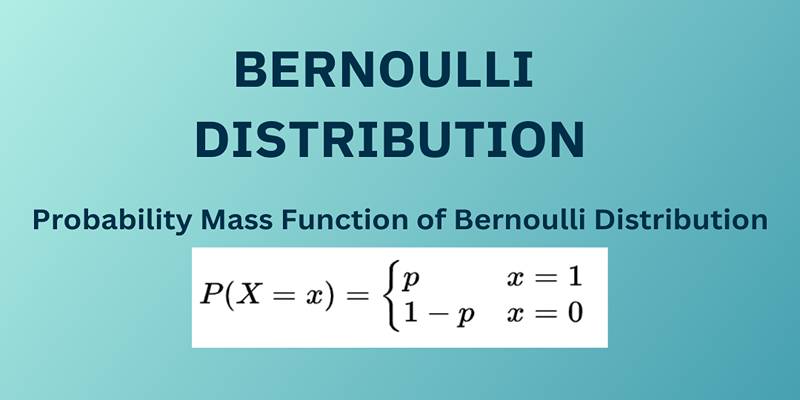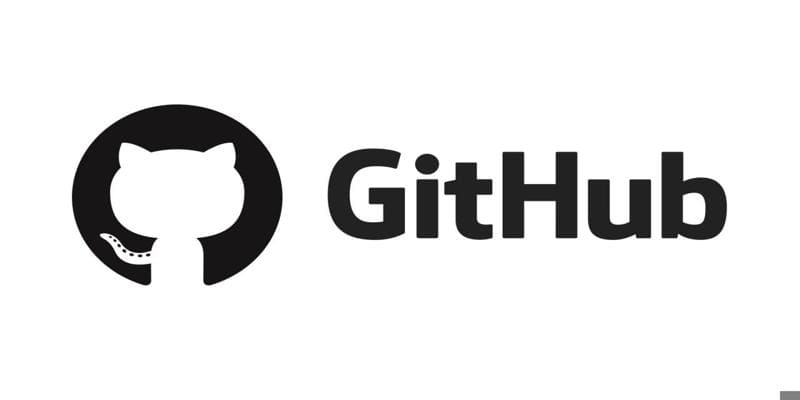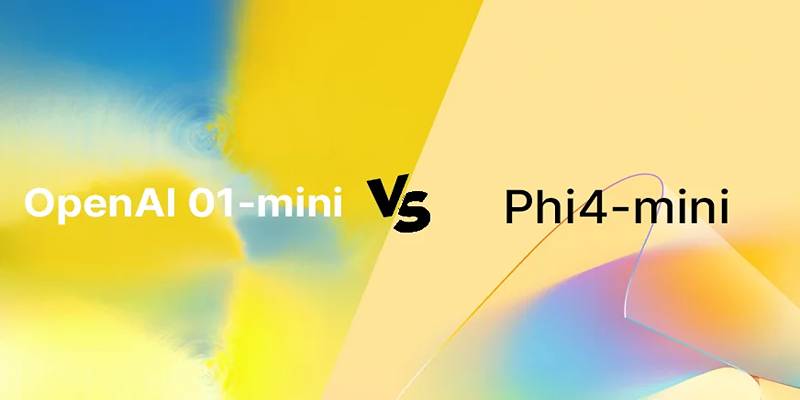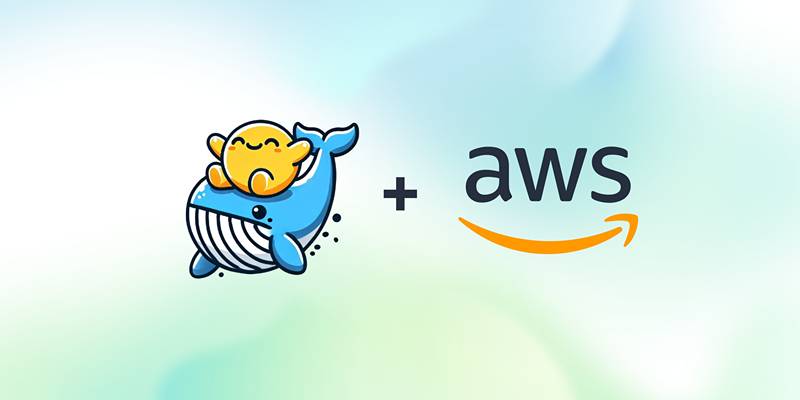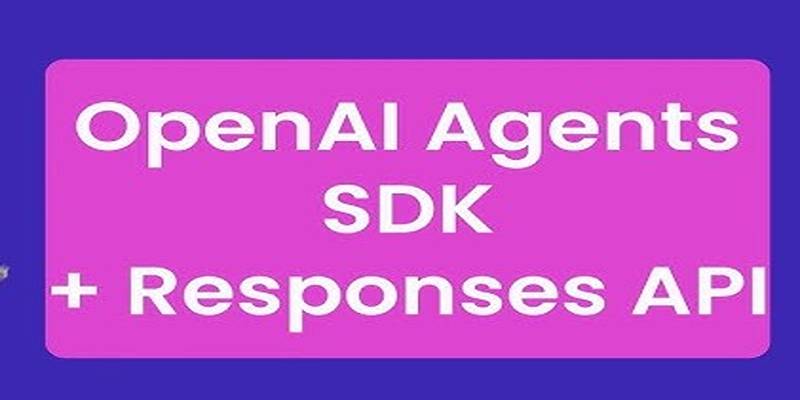The development of software through artificial intelligence (AI) has brought forth tools that assist developers in their coding responsibilities while improving operational speed. Two primary AI-powered tools under OpenAI leadership include GitHub Copilot as well as ChatGPT. GitHub Copilot and ChatGPT share certain fundamental characteristics but provide solutions for different users requirements. The paper provides an in-depth examination of GitHub Copilot alongside ChatGPT by focusing on their key capabilities and strengths together with their restrictions within suitable applications.
What is GitHub Copilot?
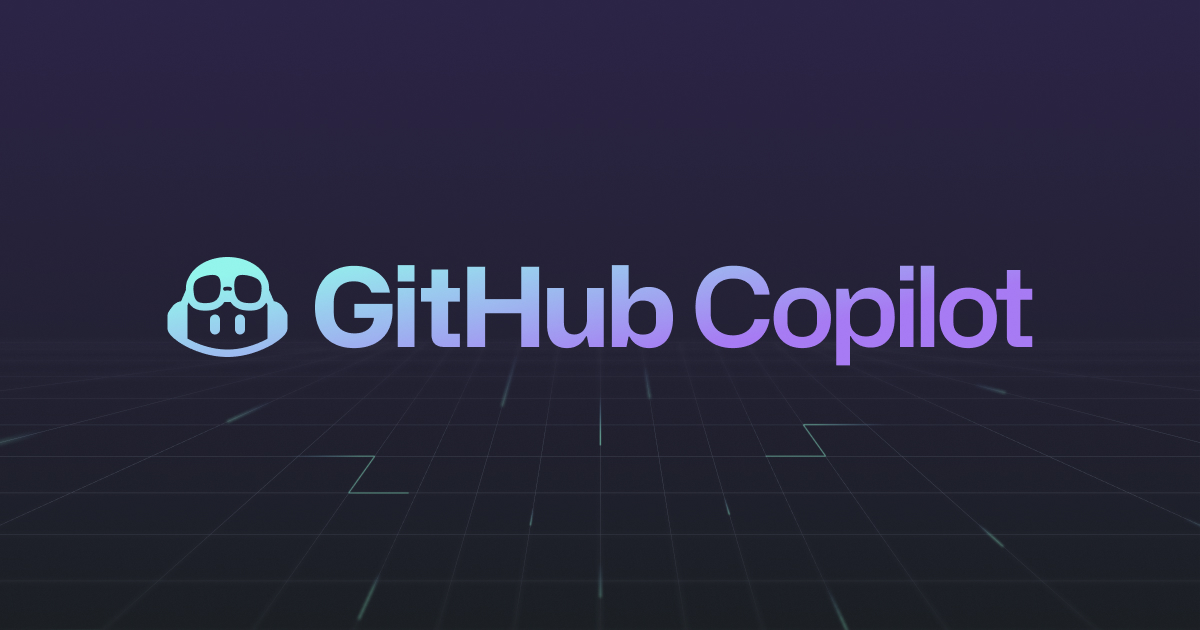
GitHub Copilot arose as an AI-powered code completion tool which GitHub produced jointly with OpenAI and Microsoft. GitHub Copilot functions as a code completion tool which integrates naturally into popular development environments that include Visual Studio Code along with JetBrains IDEs as well as Neovim so developers can receive context-aware suggestions.
Key Features of GitHub Copilot
The coding tool uses code context to offer users lines and functions and sections of code which meet their project standards.
The platform operates with a wide range of programming languages including Python, JavaScript, TypeScript, Ruby, Go, PHP, Swift, Kotlin, Rust, C#, C++, Java, HTML/CSS and SQL.
IDE integration allows real-time assistance by eliminating the need for switching programs.
Code Completion functions as an automation feature that enhances productivity when users save themselves from manual typing activities.
Through usage the tool adjusts to your coding method to deliver more precise code recommendations.
Strengths
- Seamless integration with IDEs.
- Ideal for repetitive coding tasks.
- The system creates higher developer productivity through automated execution of standard procedures.
- Contextual understanding of ongoing projects.
Weaknesses
- The system lacks sufficient capability to deal with elaborate programming tasks that involve complex or innovative solutions.
- The system occasionally produces suboptimal code that also includes wrong solutions.
What is ChatGPT?
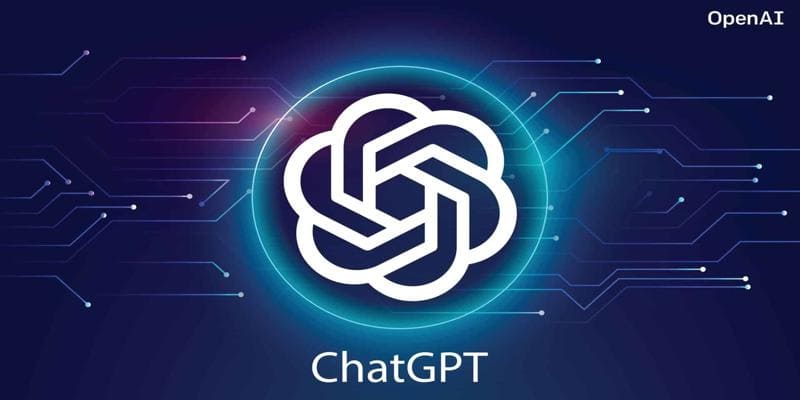 ChatGPT presents an artificial intelligence chatbot which OpenAI has created. The system merges strong NLP capabilities with coding functionality that uses human instructions to produce suitable code sections.
ChatGPT presents an artificial intelligence chatbot which OpenAI has created. The system merges strong NLP capabilities with coding functionality that uses human instructions to produce suitable code sections.
Key Features of ChatGPT
The user-friendly nature of ChatGPT extends beyond code writing to enable functions that include generating content and language translation and idea generation as well as question answering.
Natural Language Understanding serves to convert thorough prompts into personalized solutions through its interpretation abilities.
Users need precise prompts while using Code Generation Assistance to receive optimized results because this feature produces computer code snippets from user queries.
Inter-operational capability allows applications to integrate API into their systems to boost operational performance.
Strengths
- Highly versatile across domains beyond software development.
- GH Copilot functions best as a tool for creating models of new concepts and for testing out programming systems outside your comfort zone.
- The system delivers comprehensive breakdowns about coding principles to users.
Weaknesses
- The code quality should go through examination and possible enhancement procedures.
- GitHub Copilot does not provide integrated coding assistance during IDE work sessions.
Main Contrasts between GitHub Copilot and ChatGPT
Feature | GitHub Copilot | ChatGPT |
Primary Function | Context-aware code completion within IDEs | Conversational AI with coding support |
Integration | Directly integrates into IDEs | Accessible via web interface or API |
Ease of Use | Requires familiarity with IDEs | User-friendly across various platforms |
Best For | Automating repetitive tasks | Experimentation and ideation |
Strengths | Real-time suggestions within projects | Versatile problem-solving capabilities |
Weaknesses | Limited in complex programming tasks | Code may need refinement |
Use Cases
When to Choose GitHub Copilot:
- GitHub Copilot functions as an excellent tool for analyzing and assisting real-time coding in active IDEs.
- The tool enables users to automatically generate boilerplate code during repetitive workload.
- Productivity enhancement stands as a primary goal to achieve while conducting code-writing activities during the day.
When to Choose ChatGPT:
- You should consider using GitHub Copilot for the exploration of new algorithms with unfamiliar programming languages.
- GitHub Copilot and ChatGPT both provide benefits during system design phases and architectural discussions.
- The tool functions as a multi-purpose program which extends past programming assistance.
Pricing Comparison
The subscription plans of GitHub Copilot start at $10 per user/month for individual customers and $19 per user/month for business users5. ChatGPT provides both free usage along with its paid plans including the Plus option at $20 per month and the Team service costing $25 per month for every user.
FAQs
1. Does GitHub Copilot establish compatibility with ChatGPT?
Yes! Developer teams use ChatGPT first to seek guidance about constructing Node.js REST APIs then use Copilot directly from their integrated development environment to create code. This hybrid approach leverages the strengths of both tools.
2. Does one tool offer superior benefits as an entry-level tool for coding education?
ChatGPT demonstrates basic usability for beginner learnings such as concept education and error finding through its question-and-answer interface. However GitHub Copilot provides better support to developers who already work with coding environments and integrated development environments.
3. The programming language capabilities of GitHub Copilot and ChatGPT differ from each other.
GitHub Copilot integrates with 15 programming languages including Python and Java and JavaScript among others but delivers its best results within popular development frameworks.
ChatGPT produces code in most programming languages though it displays confusion when coding in specialized or obsolete syntax.
4. To what extent do these programming assistants present their code recommendations accurately?
Both tools occasionally generate errors:
- The generation of insecure and redundant code happened when Copilot cannot properly understand unclear project contexts.
- ChatGPT will skip handling potential outcome errors when it receives commands without mentioning specific parameters like "Add error handling for null values."
- After AI creates code it is essential to conduct thorough reviews along with testing the new code.
5. Do these programming assistants completely eliminate the need for human developers?
No. The tools operate as "pair programmers" for automatic repetitive programming tasks using Copilot and creative idea generation through ChatGPT. Human technicians should supervise complex problem-solving along with architecture design work and debugging tasks.
Conclusion
GitHub Copilot delivers its best performance as an integrated coding assistant that delivers productivity benefits during real-time use of IDEs. This tool functions optimally for developers who need to write code on existing projects. The versatile nature of ChatGPT enables it to provide assistance for extensive problem resolutions that extend further than basic coding requirements.

